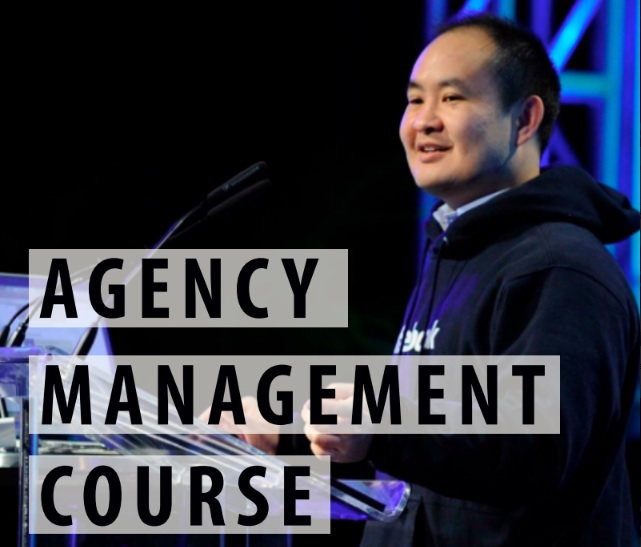I am often asked by aspiring entrepreneurs whether they should start a consultancy firm. One of the biggest mistakes to avoid in your entrepreneurial journey is placing too much emphasis on consulting services. While it may be tempting to engage in consulting due to your prior experience as an employee and familiarity with the work, it’s important to be aware of the limitations associated with this approach. Consulting often leads to one-time revenue rather than recurring revenue, which can hinder long-term growth and stability.
The Attraction of Consulting and Its Potential Traps
When you’re coming from an employee background, it’s natural for people in your network to seek your advice and guidance. This internal consulting role, whether through informal conversations or program-based support, can easily become a default option for those who know and trust you. The demand for your expertise may draw you into consulting engagements with various individuals and organizations.
The Freelancer and Consultant Conundrum
While there’s nothing inherently wrong with pursuing freelance or consultant work if it aligns with your goals, it’s crucial to understand the implications. Relying solely on consulting can lead to a cycle of continually searching for new projects as each engagement concludes. This perpetual hunt for opportunities can be time-consuming and take away from focusing on the actual work you enjoy and excel at.
The Agency Model for Recurring Revenue
Contrasting with the consulting path, owning an agency presents a different business model that offers the potential for recurring revenue. With an agency, the work you have done in the past continues to generate income over an extended period. Clients pay for services not only from recent projects but also from work completed months or even years ago. This steady stream of income contributes to the stability and predictability of your agency’s financial health.
Balancing Consulting and Agency Ownership
While consulting can be a valuable component of your business endeavors, it’s important to strike a balance between consulting work and agency ownership. By diversifying your revenue streams and incorporating the agency model, you can establish a foundation for long-term success. This approach allows you to leverage the relationships and expertise you possess while also building a sustainable business that generates recurring revenue and fosters growth.

